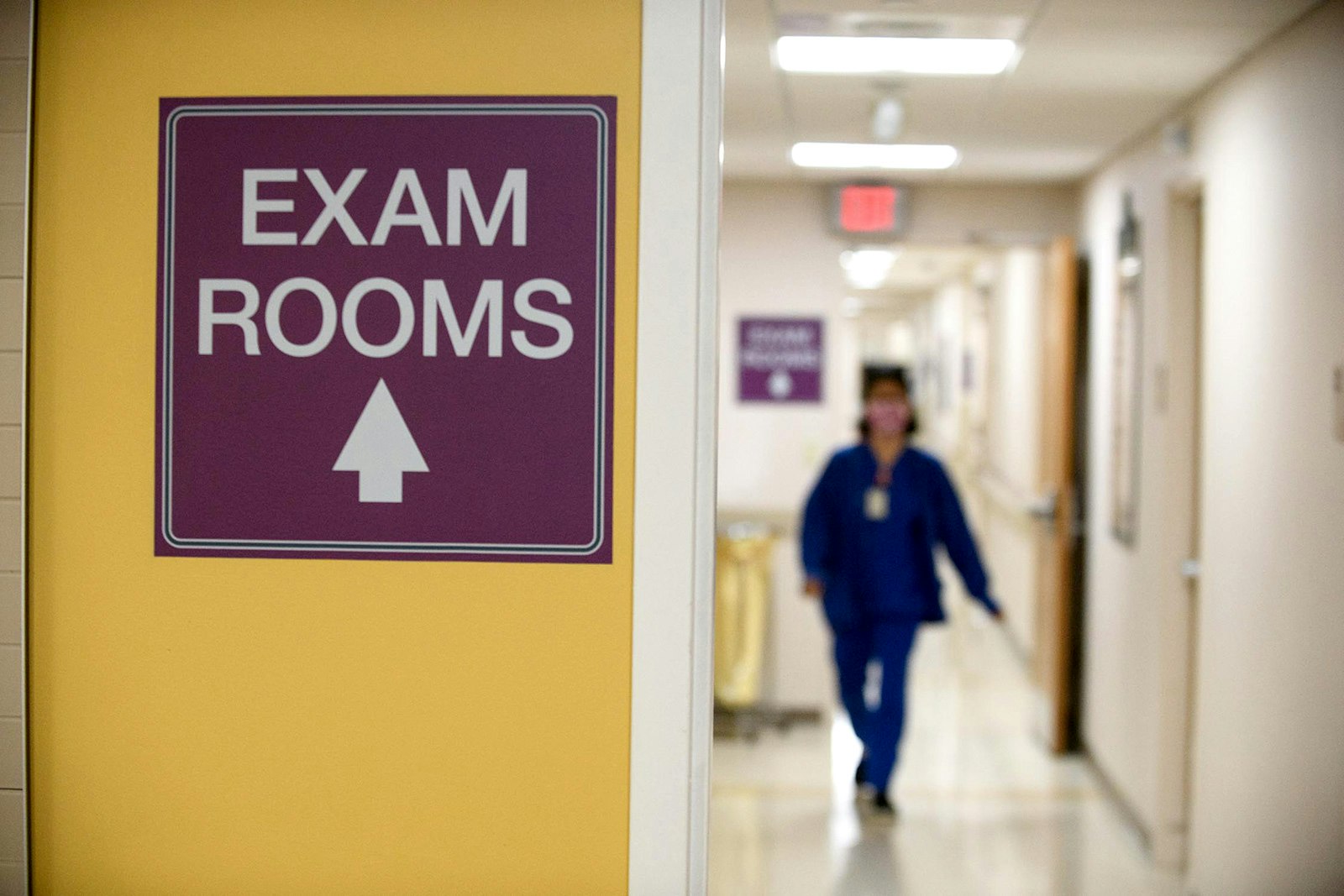At the WVU Cancer Institute, we recognize that every person is unique. We use every tool we can to create a cancer treatment plan specific to you. One tool we use to find the treatments most likely to work for you is tumor gene profiling.
Tumor gene profiling is also called molecular testing. We use it to look at the DNA, RNA, or chromosomes of your cancer. We analyze the different changes within your cancer. These are called biomarkers]. Tumor tissue genetic changes can be used to make cancer management decisions. Our goal is to deliver personalized medicine to you; each person has a unique variation in their cancer genes, and management can be tailored to the person’s specific genetic finding.
Benefits of Tumor Gene Profiling
Tumor gene profiling is usually done through a biopsy or during surgery. It provides helpful information to your care team. It allows them to plan the most effective treatment for your type of cancer. For you, this can mean a better quality of life during and after treatment. It can also increase the chances of treatment success.
Tumor gene profiling also allows your cancer team to:
- Accurately diagnose cancers
- Determine if you could be eligible for any clinical trials
- Predict the path cancer will take and your body’s response to treatment
Is Tumor Gene Profiling Right for You?
Tumor gene profiling is a useful tool in understanding a tumor’s makeup and planning the best treatment. In these cases, we use the National Comprehensive Cancer Network (NCCN) guidelines and the Food and Drug Administration (FDA) recommendations for tumor testing and treatment implications. It can be especially helpful in planning treatment for those with:
- Aggressive forms of cancer
- Difficult to treat cancer
- Limited treatment options
- Rare forms of cancer
Resources
- US Food and Drug Administration – Table of Pharmacogenomic Biomarkers in Drug Labeling
- National Comprehensive Cancer Network – NCCN Biomarkers Compendium
- National Comprehensive Cancer Network – 2019 Clinical Practice Guidelines in Oncology: Non-Small Cell Lung Cancer, V1.2020
- National Comprehensive Cancer Network – 2019 Clinical Practice Guidelines in Oncology: Colon Cancer, V1.2019
